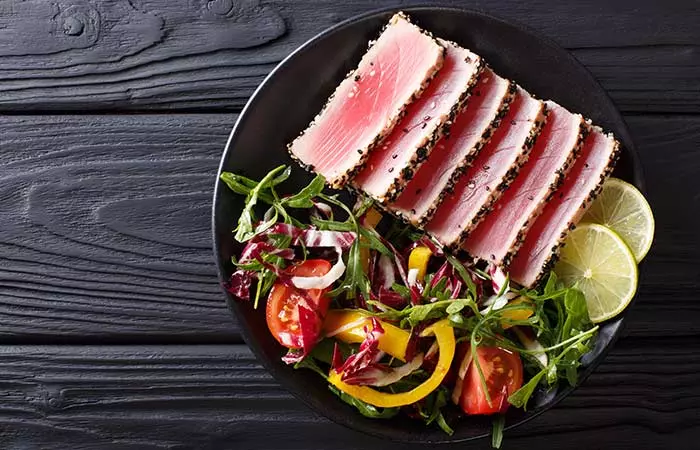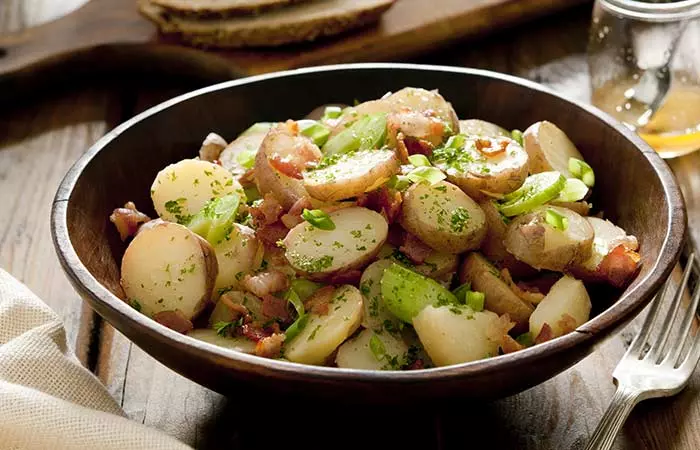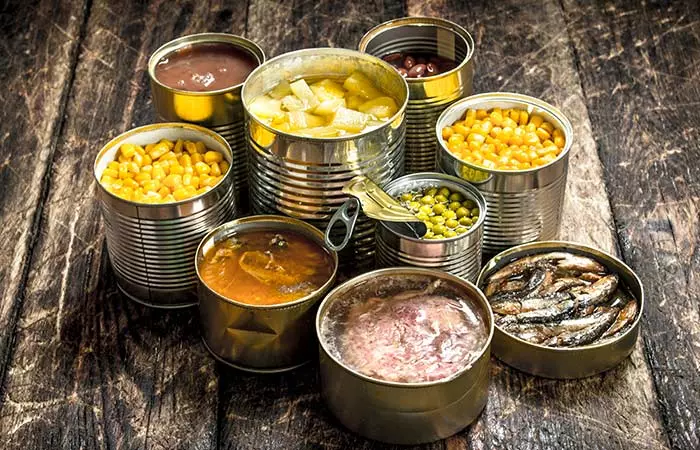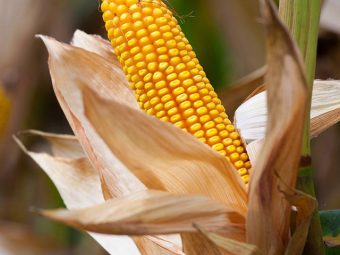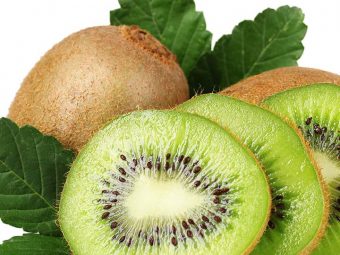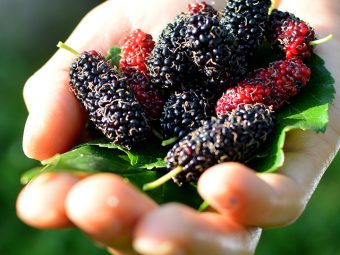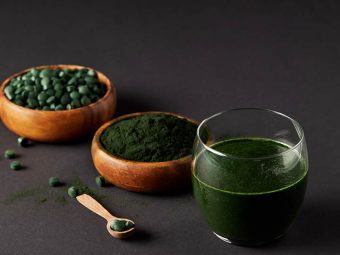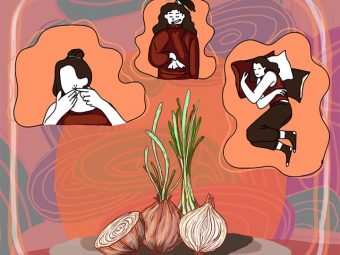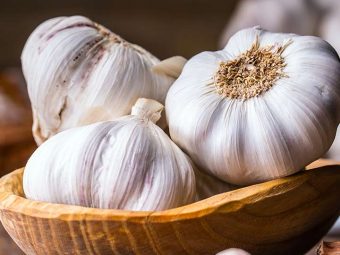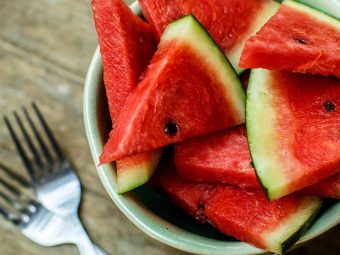Surprising Foods That Give You Food Poisoning

Image: Shutterstock
Food poisoning is commonly caused when a person eats a food item that contains bacteria, viruses and other pathogens that can make people fall ill. The most common bacteria and viruses include Norovirus and Salmonella, and a less common but still dangerous pathogen is E.Coli. The symptoms of infection with E.coli typically cause more dangerous symptoms, and any food that has been contaminated with these bacteria can cause severe symptoms of food poisoning. Read on to find out about surprising foods that can cause you to suffer symptoms of food poisoning:
1. Eggs
Yes, your favorite breakfast food may contain Salmonella. The risk of consuming contaminated food gets much higher if a person consumes raw, soft-boiled or undercooked eggs. The germ is passed on from infected birds laying eggs, and it can even breach the insides of the eggs during the formation process itself. Contaminated fecal matter from a bird that has been affected prior can also affect the egg. While the risk of getting it is relatively rare, one needs to take extra measures while feeding kids, the elderly, and immunocompromised individuals. It’s a smarter option to opt for hard-boiled, thoroughly scrambled, and well-cooked done eggs.
2. Burgers
Pork, poultry and ground beef can be questionable because any pathogens that are present on the surface of the meat before it is ground can end up slipping into the tiny nooks and crannies of the patty. This way, they can evade death as the surface areas of the patty looks perfectly well cooked. As with all types of meats, color isn’t often an accurate indicator of whether it’s ready or not. Beef can sometimes look a little pink even if it has been cooked to a relatively safe temperature and in some cases can look brown even when it is not a safe temperature.
3. Tuna
If it doesn’t smell fishy, it’s probably not so bad, right? When fish that is uncooked and raw hasn’t been stored properly before it has been cooked, it can lead to a person developing scombroid poisoning. This can be difficult to tell apart. Tuna can especially be prone to developing this type of toxicity— the other culprits include bluefish, abalone, and mahi-mahi. Fish that has been infected can have a distinct peppery or burnt taste. The symptoms of this type of food poisoning include developing a rash on your face and upper body, sweating, and even flushing.
4. Potatoes
Who doesn’t adore a decent plate of mashed potatoes? In spite of being everybody’s favorite vegetable and the main component of french fries, potatoes can have a collection of microscopic organisms like E. Coli, C. botulinum, and the most widely recognized one-salmonella. The microbes found in potatoes can be transported through soil and contamination generally happens when potato-based dishes, such as mashed potatoes and potato salads are prepared without being satisfactorily cleaned. It’s a smart idea to wash your potatoes and cook them thoroughly to ensure you kill any harmful bacteria that may be present in them.
5. Fermented Or Canned Food
Food that has been canned or fermented use healthy bacteria to add to its flavor. Food that has been appropriately fermented and canned is generally considered safe to eat, but if there is a severe error in the fermentation process, dangerous bacteria can get into the food. The most significant risk being that fermented food can cause a botulism infection. Botulism can cause damage to the nervous system and even cause paralysis in extreme cases. If proper treatment is not received, the disease can be fatal (1). Foods that contain less acid are most likely to be the cause of botulism.
6. Unpasteurized Milk Or Cheese
Raw and unpasteurized milk and soft cheeses are often the breeding place for dangerous bacteria like listeria. Women undergoing pregnancy, young mothers, and groups with a high risk of food-borne illnesses should consider avoiding these foods altogether. Washing your hands well before and after eating unpasteurized food can reduce your chances of acquiring an infection. Smaller food operations, like vendors who sell at farmers’ markets, might not always pasteurize or store their products in the proper manner. Therefore, while purchasing these types of products, it’s a good idea to be extra careful and ask about food safety. Meals containing dairy products that have been left out at room temperatures can also cause food-borne illnesses.
7. Cream-filled Pastries And Pies
In the case of cream-filled pastries and pies, the treats are prepared by hand and later eaten directly, often without baking. Thus, you’re trusting that whoever has prepared your dessert has indeed washed their hands well. You don’t know where the hands of these bakers have been. Just as you avoid eating street food because your parents warned you about it when you were younger, you should be careful while eating these too.
Final Take
One has to be extremely careful about what they put inside their stomach and be extra mindful when they consume street food and other foods that might expose those to airborne and food-borne diseases. Did anything on this list come across as a surprise for you? Let us know in the comments below.




